AI-powered smartphone app will help defend a speeder in court next month
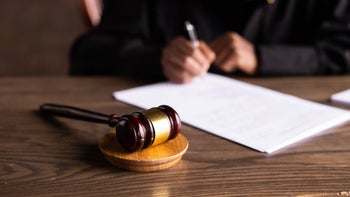
No one likes to hire a lawyer to represent them in court. The cost of obtaining legal counsel is probably the number one reason why. But suppose you could walk into court with just your smartphone with an app that can help you to present your side of the story. Study Finds has an interesting report about a smartphone app from a California company called DoNotPay that uses artificial information (AI) to tell a defendant exactly what to say in court through an earpiece.
An app using artificial intelligence will be used to help a defendant fight a speeding ticket
The app will listen to all testimony and statements made by witnesses, lawyers, and the judge. DoNotPay says that the app will be used next month by a defendant to challenge a speeding ticket and it will be the first time that AI has been used as a tool in the courtroom. While the case is small potatoes, the app could end up being used in situations where the defendant has a lot more to lose.
While using AI in court is new, the DoNotPay app has been around. On the company's website, it says that the platform can be used to get advice on how to fight corporations, beat bureaucracy, find hidden money, sue anyone, and automatically cancel your free trials.
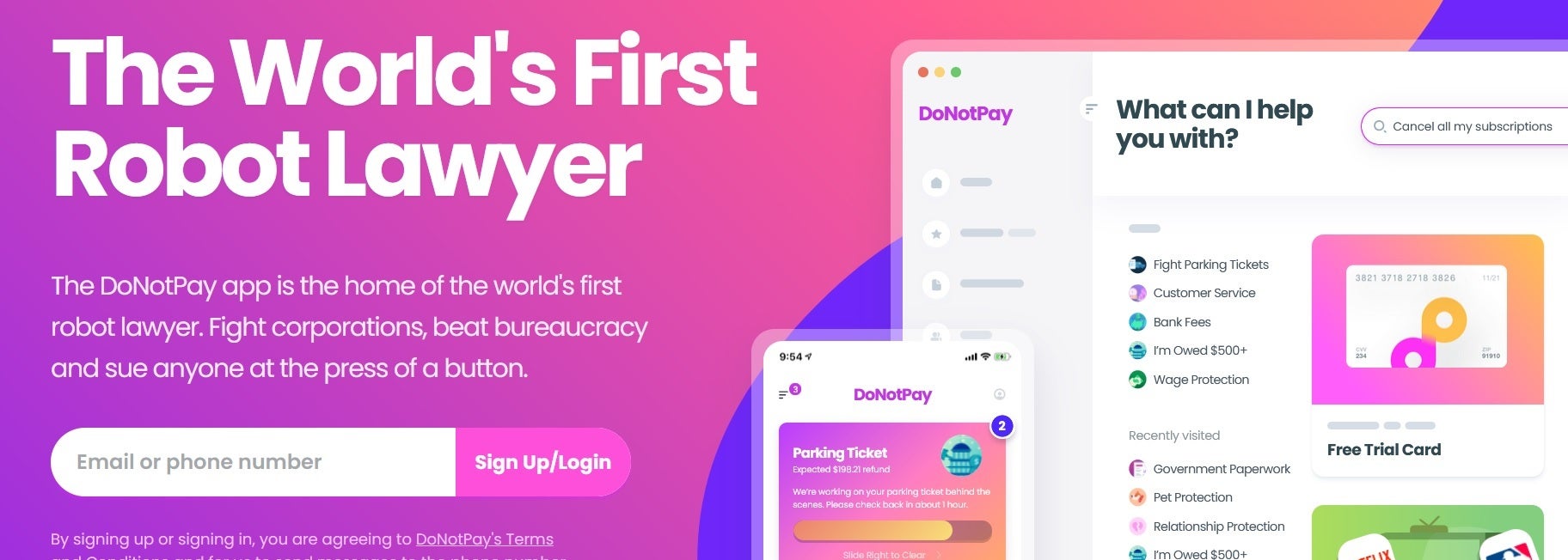
The DoNotPay website will help you handle certain tasks
If you're wondering how the app can be allowed to give legal advice inside a courtroom when it is considered illegal in most countries, DoNotPay founder Joshua Browder says that the app should be classified as a hearing aid. Browder says, "It is technically within the rules, but I don’t think it is in the spirit of the rules," and his company promises to pay a defendant any penalties imposed for using the app. DoNotPay also says that it will pay anyone with an upcoming case to be heard by the U.S. Supreme Court $1 million if they were to use the app.
The AI program has been "trained" in a variety of different case law including immigration. The app will only make factual statements rather than say anything in an attempt to win the case. Browder noted that "We are trying to minimize our legal liability. And it is not good if it actually twists facts and is too manipulative." He also points out that the program is designed not to automatically react to certain statements. "Sometimes silence is the best answer," the company founder said.
Previous reports say that the technology in the app has been tested before and was used to talk to the staff at a bank using a synthesized voice. Without any human intervention, the program was able to reverse several bank fees on behalf of banking customers. That led company founder Browder to say about one of the reversals, "It is the most mind-blowing thing I have ever done. It is only $16 that we got reversed, but that is the perfect job for AI – who has time to waste on hold for $16?"
The company's goal is to have the app replace human lawyers and the U.K.-based Browder stated, "It is all about language, and that is what lawyers charge hundreds or thousands of dollars an hour to do. There will still be a lot of good lawyers out there who may be arguing in the European Court of Human Rights (ECHR)."
There is still a question about the legality of using the program in court
Not everyone is excited to see this technology used in the courtroom. Sheffield University computer scientist Dr. Nikos Aletras is concerned about the legality of having the app dispense legal advice in a courtroom. Using recording gear in court would violate certain U.K. laws including the Contempt of Court Act of 1981.
Neil Brown, who works at the law firm decoded.legal, gave his opinion of the app. "It appears to involve transmitting the audio to a third party's servers and processing that audio within the resulting computer system," says Brown. "I'd have thought a judge might well conclude it was being recorded, even if deleted soon afterwards. So probably not something to try here unless you fancy contempt proceedings, at least not without checking it with the judge first."
The use of video and audio recordings is also not permitted in U.S. courtrooms. It remains to be seen whether DoNotPay can get around these restrictions and become widely used to defend those charged with serious crimes even if the app is successful when it comes to defending speeders.



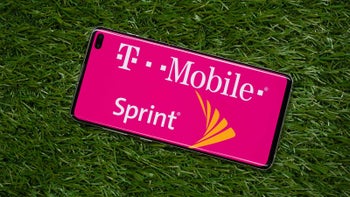
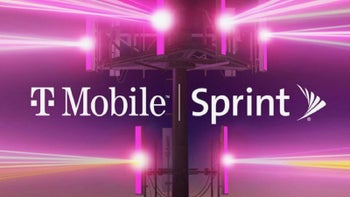


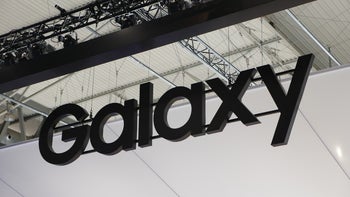
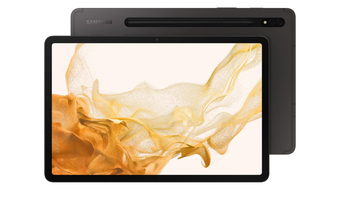

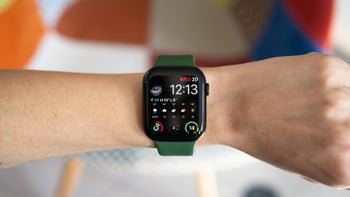
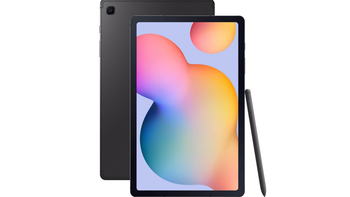

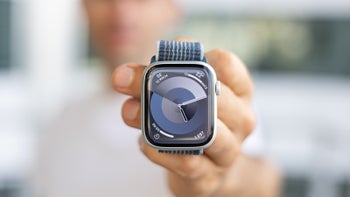
Things that are NOT allowed: